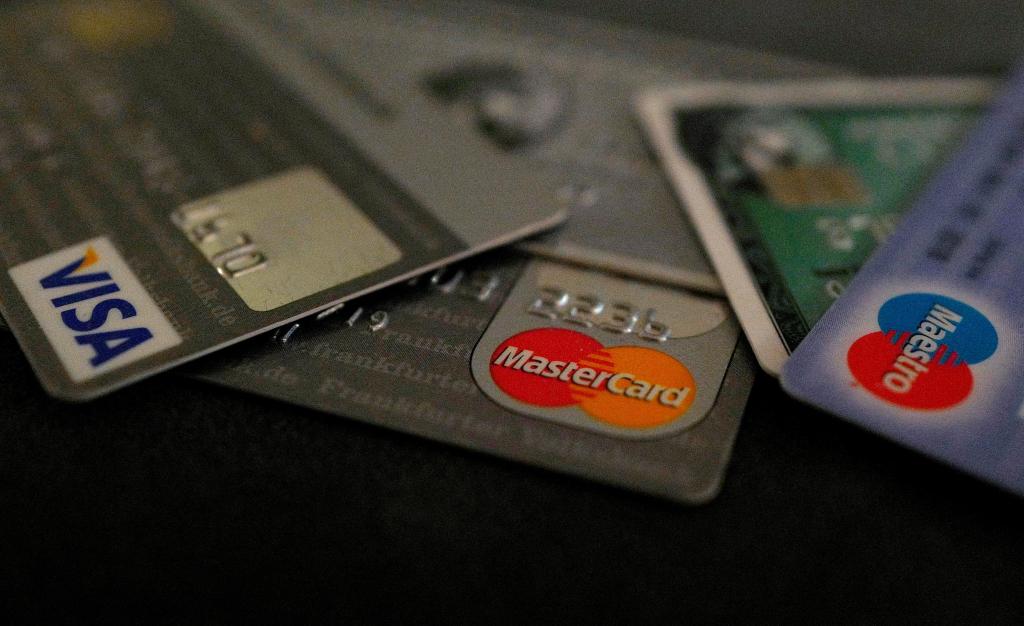In his decision, Judge Pittman argued that the CFPB’s rule was an overreach of the agency’s authority and that regulating late fees on credit cards fell outside of its jurisdiction. He believed that Congress, not the CFPB, should be responsible for setting such regulations. The ruling was a win for the business and banking groups who had opposed the rule, arguing that it would have negative financial implications for their industries.
The CFPB’s rule would have capped late fees on credit cards at $8, a limit that was considered reasonable and fair by consumer advocates. Late fees have long been a burden for many consumers, leading to increased debt and financial struggles. The rule was a step towards protecting consumers from exorbitant fees and unfair practices by credit card companies. However, the ruling by Judge Pittman halted the implementation of this rule, leaving consumers vulnerable to high late fees once again.
The opposition to the rule by business and banking groups highlights the ongoing tension between consumer protection and industry interests. While consumer advocates argue for regulations that protect individuals from unfair practices and financial harm, businesses often push back against these regulations, claiming that they impede their ability to operate and generate profits. The ruling in Texas is a reflection of this ongoing debate and the power struggles between regulatory agencies, businesses, and consumers.
Judge Pittman’s appointment by former President Donald Trump may also have played a role in his decision to block the CFPB’s rule. Trump was known for his deregulatory agenda and support for businesses, so it is possible that Judge Pittman’s decision aligns with this ideology. Nonetheless, the ruling has significant implications for consumers, who will continue to face high late fees on credit cards without the protection of the CFPB’s rule.
The ruling by Judge Pittman is not the final word on the matter, as the case could still be appealed to higher courts. Consumer advocacy groups are likely to continue fighting for regulations that protect consumers from excessive fees and unfair practices by financial institutions. The outcome of this case will have a lasting impact on the balance of power between consumers, businesses, and regulatory agencies, shaping the future of consumer protection in the financial industry.
Overall, the ruling by Judge Pittman to block the CFPB’s rule capping late fees on credit cards at $8 is a setback for consumer protection efforts and a victory for business and banking groups. The decision highlights the ongoing tension between consumer advocates and industry interests, as well as the influence of political ideologies on regulatory decisions. The case is likely to continue in higher courts, with consumer advocacy groups continuing to fight for fair regulations that protect individuals from financial harm. The outcome of this case will have significant implications for the future of consumer protection in the financial industry.


